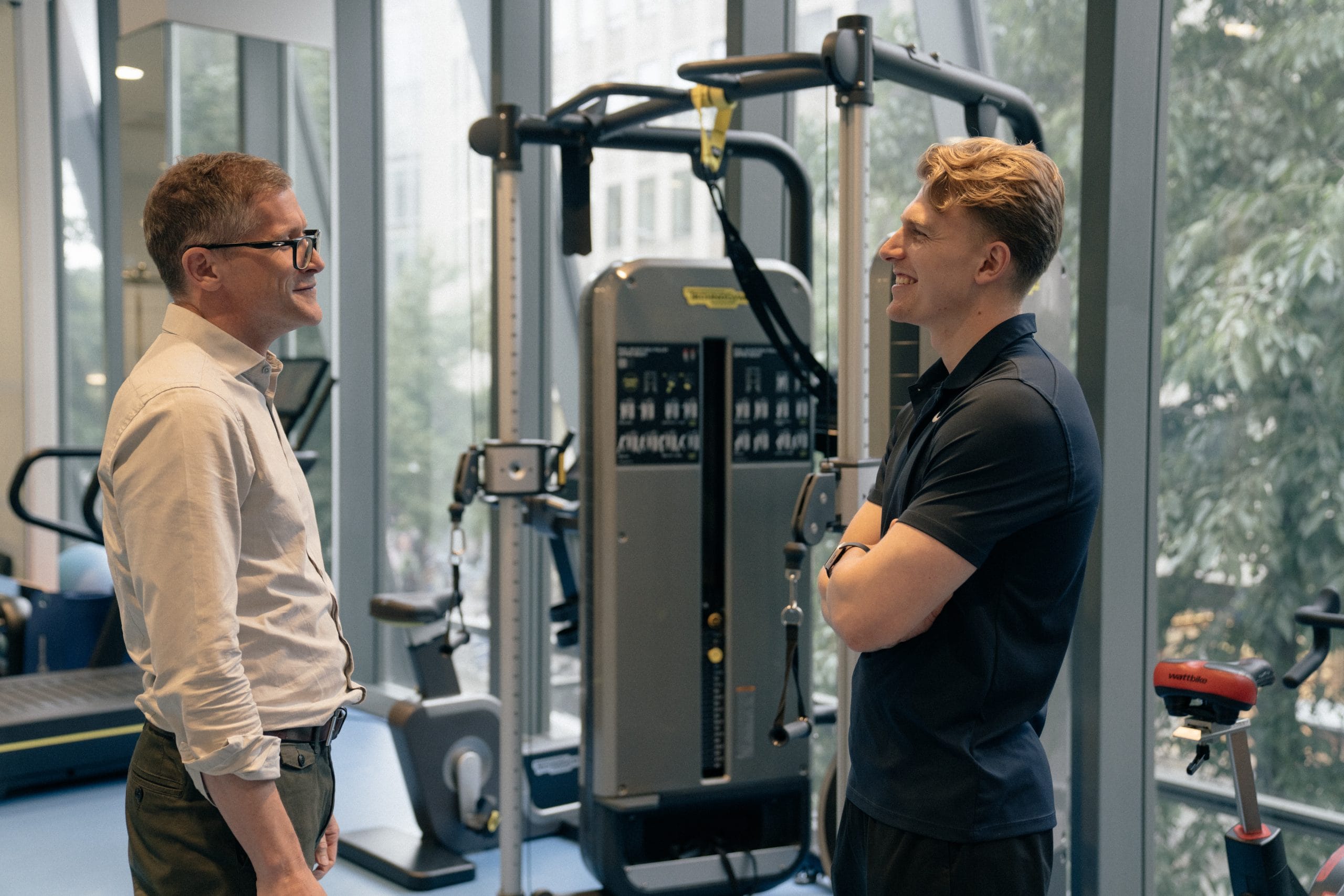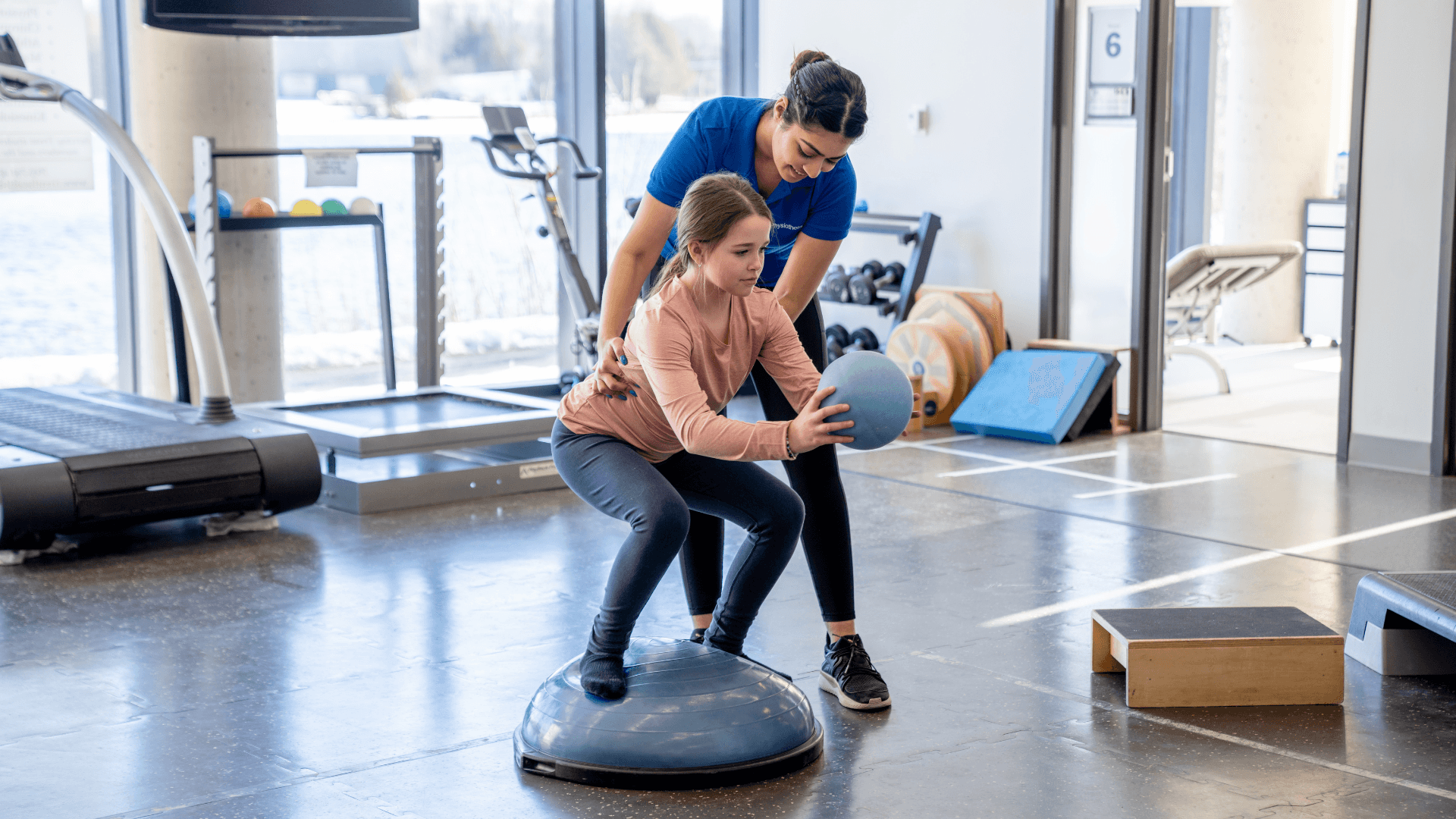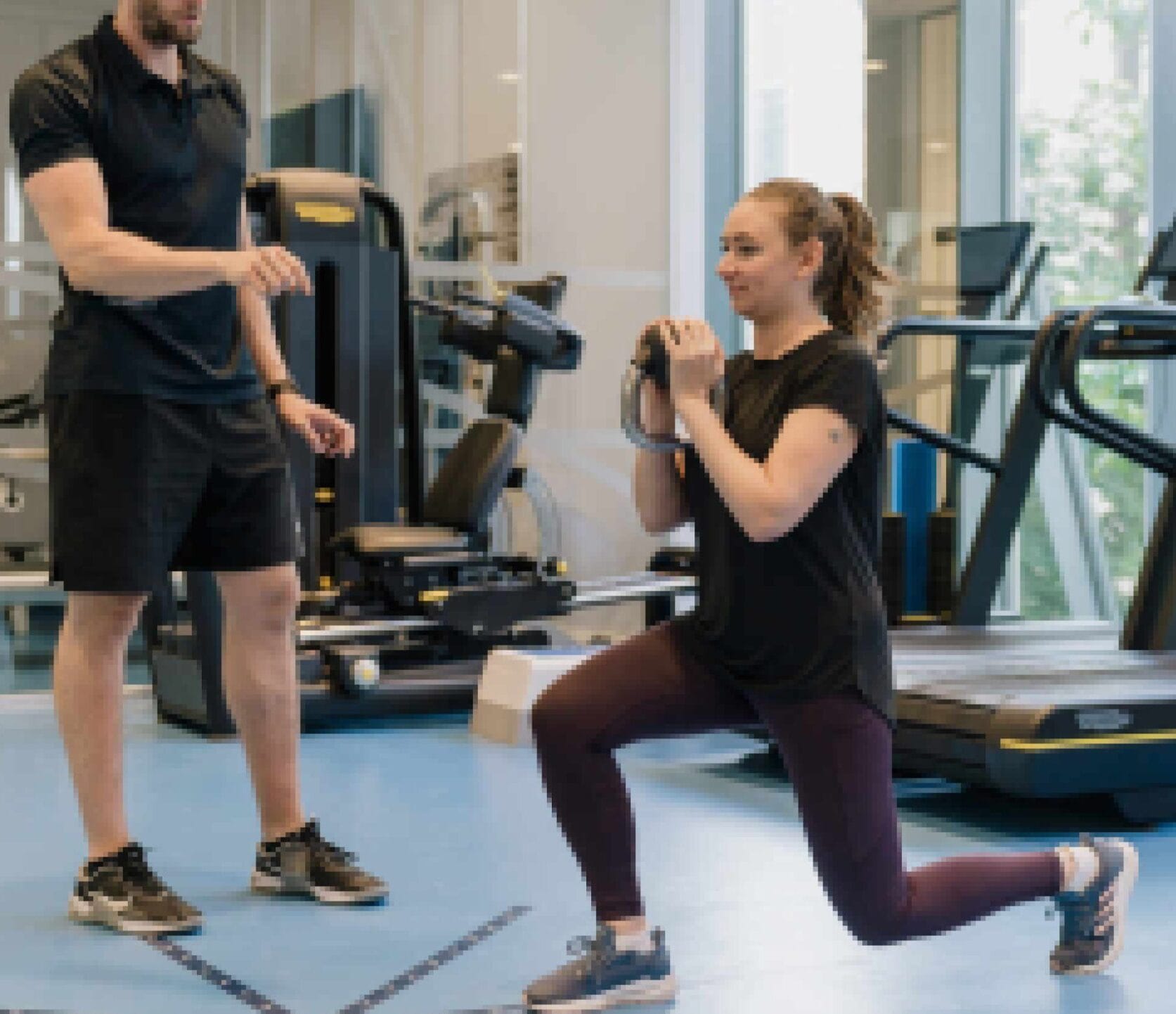Exercise Physiology FAQs: Goals, Differences from Physio & More

Pure Sports Medicine
- 3 January, 2024
- Physiotherapy
- 2 min read
Exercise Physiology FAQs: Goals, Differences from Physio & More

What is the main goal of exercise physiology?
The main goal of Exercise Physiology is to promote longevity and empower those living with chronic health conditions to manage their physical and mental health with exercise.
Exercise Physiologists use various methods to achieve this, including motivational interviewing and goal setting to influence behaviour change, as well as advanced physical capacity testing, individualised exercise prescription and training.
We’re trying to find the best possible outcome for you, and no two people are the same, so there can’t be a one-size-fits-all approach. Exercise Physiology draws on all the aspects of medicine and that’s why a multi-disciplinary team approach is key. One type of medical service simply won’t cut it so we employ the help of the relevant colleagues needed to support a person’s recovery or management journey.
Something which is made even easier at Pure Sports Medicine with so many specialists working together under one roof.
What is the difference between Exercise physiology and Physiotherapy?
The key difference is Physiotherapists specialise in immediate and short-term management of injuries, for example an injury which has taken place within the last 6-weeks.
While Exercise Physiologists support those with more long-term management of injuries and health conditions, as well as playing a key role in prevention of disease and future injury.
We assess you for a better understanding of your current capacity and then create and deliver tailored exercise prescription, programming and education to get you to where you want to be.
Physiotherapists will use a number of assessments to make a diagnosis of your injury or condition and then a mixture of hands on (manual) therapy and basic exercises as part of treatment.
For example, if you injure your knee and want to return to football, you would see a Physiotherapist to manage pain, swelling and regain basic function before seeing an Exercise Physiologist or Strength & Conditioning Coach to regain strength, power, agility and running ability.
Furthermore, Exercise Physiologists provide expertise in helping to manage conditions such as heart and lung diseases with exercise and lifestyle modification.
However, Physiotherapists and Exercise Physiologists are not in competition with each other, rather the two complement each other very well when working together. As mentioned above, Exercise Physiologists employ a range of clinicians and specialisms when necessary and so we often request the support of the Physiotherapy team to ensure the best care and support for our patients.
What is the difference between exercise Physiologists and Personal Trainers?
While both Exercise Physiologists and Personal Trainers can provide sound exercise advice to healthy individuals, Exercise Physiologists have specialised training in human anatomy and physiology to allow them to train people carrying injuries and chronic health conditions.
Personal Trainers however, are better equipped to work with generally healthy populations. Those who might have goals around weight loss, building strength etc.
Exercise Physiologists typically complete 4 to 5 years of university and at least 500 hours of clinical placement to learn to safely and effectively train people across the full health spectrum, and gather an in-depth understanding of anatomy, physiology, clinical pathologies and treatments, while Personal Trainers typically have differing and less training than this.
It’s also important to distinguish Personal Trainers from Strength & Conditioning Coaches, who are almost always university-qualified although may not have the training to manage those carrying chronic health conditions or injuries, such as cardiovascular diseases, metabolic diseases, cancers etc.

Advice
Over the last 20+ years our experts have helped more than 100,000 patients, but we don’t stop there. We also like to share our knowledge and insight to help people lead healthier lives, and here you will find our extensive library of advice on a variety of topics to help you do the same.
OUR ADVICE HUBS See all Advice Hubs

